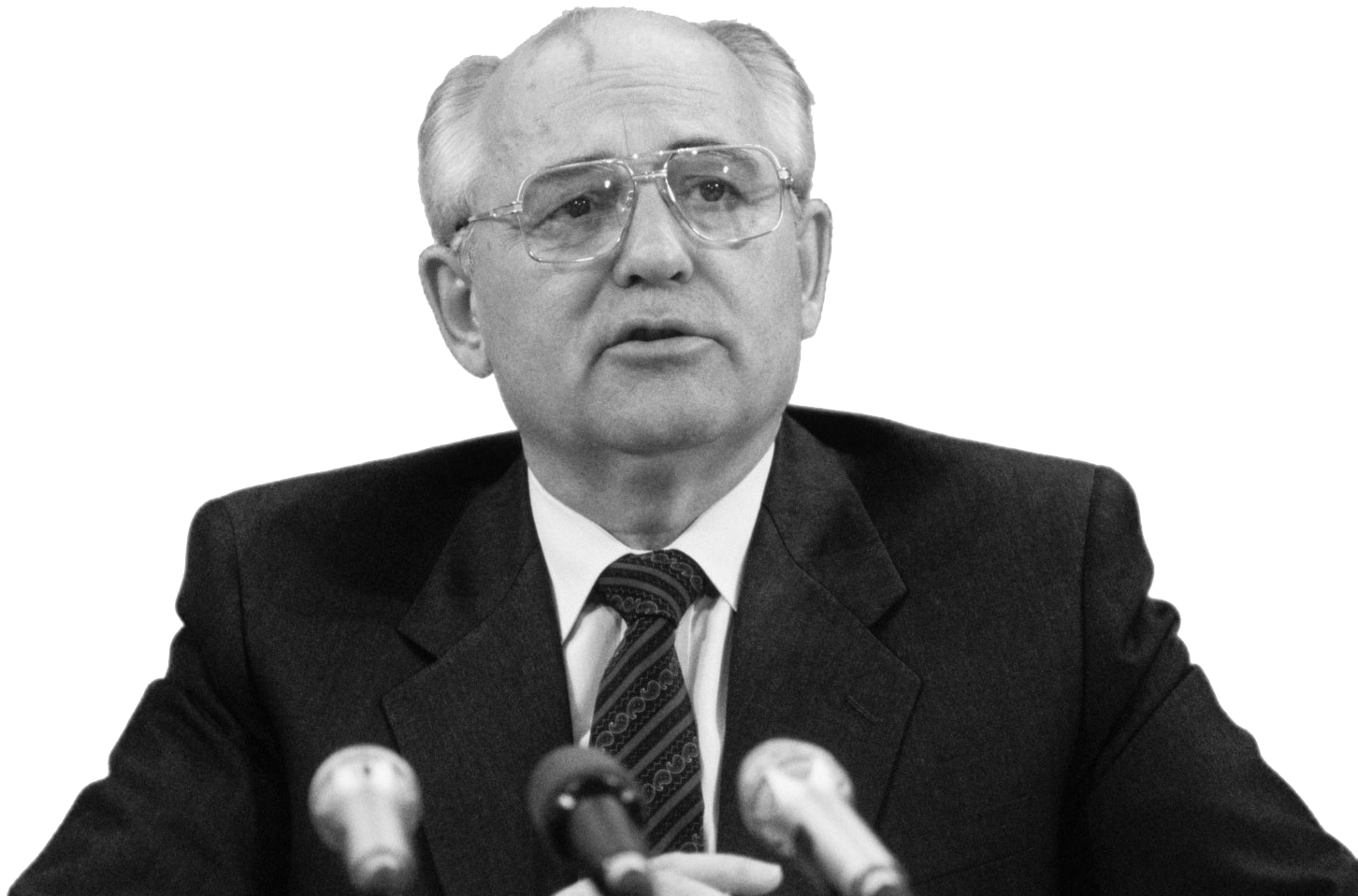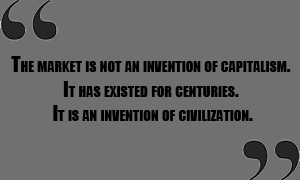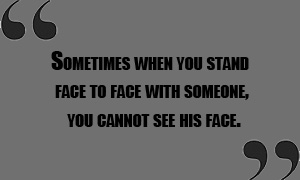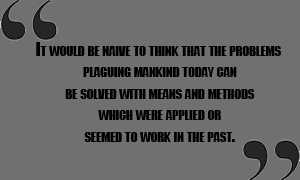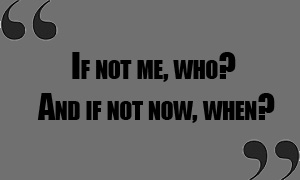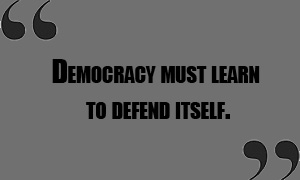-
Early Life
Born on March 2nd 1931 in Stavropol, Gorbachev was to become a powerful figure in recent Russian history and a leader of the Russian people. As a child, Gorbachev experienced the Soviet famine which occurred in 1932 to 1933. He later recalled in his memoir, "in that terrible year nearly half the population of my native village, Privolnoye, starved to death, including two sisters and one brother of my father." In addition, despite both of his grandfathers being arrested on false charges in the 1930's, Gorbachev's devotion to the Soviet party remained unchanged, even more surprising was that his resolution did not so much as waver as his paternal grandfather was exiled to Siberia. Gorbachev's father, Sergey Andreyevich Gorbachev was a harvester operator and a World War II veteran. His mother, Maria Panteleyevna Gorbacheva was also a collective farmer worker.
Later Life
In his teens, Gorbachev operated combine harvesters on collective farms. He later graduated from Moscow State University in 1955, with a degree in law. In 1967, Gorbachev qualified as an agricultural economist by means of a masterís degree at the Stavropol Institute of Agriculture. It was through university that Gorbachev joined the Communist Party of the Soviet Union and became very active through that outlet, eventually obtaining the position.
-
Politics
In 1955, a young Mikhail Sergeyevich Gorbachev joined the Communist Party of the Soviet Union and attended the important twenty second Party Congress in October 1961, while he was also attending the Moscow State University. Gorbachev became active quickly within the Party and rose rapidly through the ranks, attaining the position of Head of the Department of Party Organs in the Stropol Agricultural Kraikom in 1963, First Party Secretary of the Stavropol Kraikom in 1970, which led to him being one of the youngest party chiefs in the nation. While holding this position, he helped reorganize farms, workers' living conditions and gave them a greater representation in planning. Gorbachev became a member of the Communist Party Central Committee in 1971, and three years later he was made a Deputy to the Supreme Soviet of the Soviet Union in 1974, subsequently Gorbachev was appointed to the Central Committee's Secretariat for Agriculture in 1978, replacing Fyodor Kulakov, who supported Gorbachev replacing him. Soon Gorbachev was promoted to the Politburo, the highest authority in the country, in 1979. During Yuri Andropov's term as General Secretary, Gorbachev became one of the most active members of the Politburo, and replaced twenty percent of the highest government ministers with younger men, such as Grigory Romanov, Nikolai Ryzhkov and Yegor Ligachev, amongst others. After the death of the previous General Secretary, Andropov, and his successor Konstantin Cherenkov, who died the year after, it became visible to the hierarchy and ruling power that a more stable and permanent leader was needed, and Gorbachev was elected General Secretary by the Politburo on March 11th, 1985, only three hours after Cherenkov's death. At age 54, Gorbachev was the youngest member of the Politburo when he was elected.
-
Vision
Born on March 2nd 1931 in Stavropol, Gorbachev was to become a powerful figure in recent Russian history and a leader of the Russian people. As a child, Gorbachev experienced the Soviet famine which occurred in 1932 to 1933, which he later recalled in his memoir, "in that terrible year nearly half the population of my native village, Privolnoye, starved to death, including two sisters and one brother of my father." Despite both of his grandfathers being arrested on false charges in the 1930's, Gorbachev's devotion to the Soviet party remained unchanged, even more surprising was that his resolution did not so much as waver as his paternal grandfather was exiled to Siberia. Gorbachev's father, Sergey Andreyevich Gorbachev was a harvester operator and a World War II veteran. His mother, Maria Panteleyevna Gorbacheva was also a collective farmer worker. Gorbachev graduated from Moscow State University in 1955, with a law degree. In 1967, he qualified as an agricultural economist by means of a masterís degree at the Stavropol Institute of Agriculture. It was through university that Gorbachev joined the Communist Party of the Soviet Union and became very active through that outlet.
-
Legacy
The most memorable emblem of the Cold War was the Berlin Wall, a massive wound that cut Germany half, dividing the country as the Eastern and Western Blocs that claimed to be the "Anti- Fascist Protection Rampart", implying that Western Germany had not completely forsaken its Nazi behavior. On June 12th, 1987, the 750th anniversary of Berlin, former President Ronald Reagan issued a challenge to Soviet Leader Mikhail Gorbachev in a speech at the Brandenburg Gate. In his famous speech Regan cried, "there is one sign the Soviets can make that would be unmistakable, that would advance dramatically the cause for freedom and peace. General Secretary Gorbachev, if you seek peace, if you seek prosperity for the Soviet Union and Eastern Europe, if you seek liberalization, come here to this gate, Mr. Gorbachev, opens this gate. Mr. Gorbachev, tear down this wall!" Reagan stated this challenge to Gorbachev, telling him to destroy the barrier that separated the Communist world from the free world, to eliminate this wall of shame and create a symbol for freedom. This challenge was answered on November 9th, 1989, when Gorbachev liberalized the Eastern Bloc, reunifying Germany from its long division. The Berlin wall was not only a physical separation of a group of people, but also a political and human rights one, dividing the people of Germany based on political ideals and historical background. With the destruction of the wall and Gorbachev's involvement in the liberalization of East Germany, Germany became free and unified once more. In 1990 Gorbachev received a Nobel Peace Prize for "his leading role in the peace process which today characterizes important parts of the international community." He had not only made peace with the United States, but also sought to give people more freedom in speech, action, and thought.
